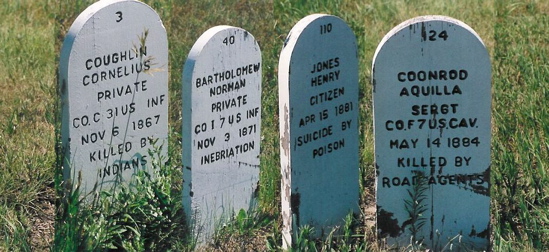If I thought my family was the only unusual one on the planet, I was wrong. Other family stories beat us hands down in African genealogy adventures.
My friend Myriam, who is Parisian of Moroccan origin, told me that in order for her mother to know her own birthday, she had to go to a cemetery in Morocco.
The tradition there was to tell people: “You were born 2 days after this person passed away. Or 7 days before so and so died.” So to know your birthdate required visiting tombstones to substract or add days to another person’s death date.
In this rare case, to be Congolese is easier. All I have to do is go to the patriarch of my family and get all the birthdays.
“What is grand-father’s date of birth?”
“I don’t know. He was pagan.”
Well, almost all the birth dates. The ones that are missing are those of my ancestors who were pagans.
Dates were not important in our Luba traditions, only events and the order of births. Later on, Catholic missionaries began to keep track of birth records.
So if you were Christian, you knew your birthday.

